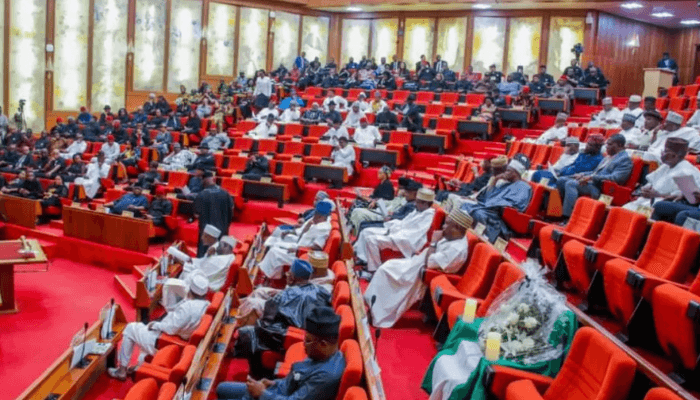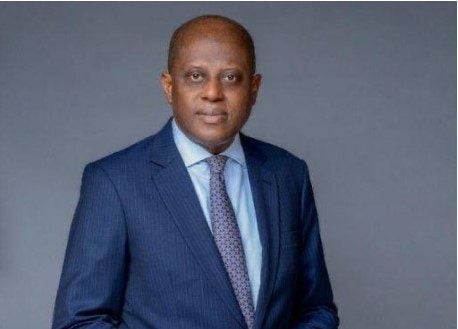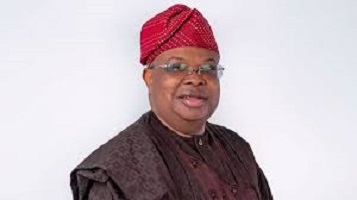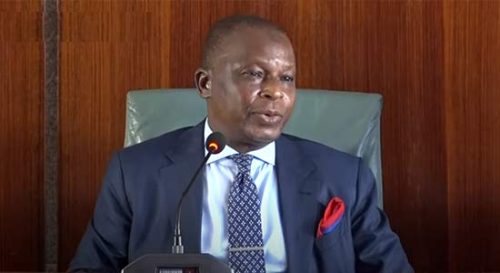FG provides an operational framework for financial and economic inclusion

In an attempt to make Nigeria a $1 trillion economy by 2030, the federal government has started a new project to create an economic and financial inclusion framework and operational model.
The project’s goal is to eradicate poverty and start a chain reaction of sustainable economic growth.
According to a statement from his media assistant, Vice President Kashim Shettima stated that the effort represents the President Bola Ahmed Tinubu administration’s dedication to boosting financial and economic inclusion throughout Nigeria.
According to the release, Senator Shettima addressed on Wednesday at the initiative’s kick-off meeting to establish an operating model for financial and economic inclusion.
The Aso Accord on Economic and Financial Inclusion, a multifaceted plan aimed at achieving universal access to financial services, was launched by the federal government on April 25, 2024.
READ ALSO: Tottenham sign Gray from Leeds for about £30m
The agreement is a cornerstone of the administration’s Renewed Hope Agenda, which aims to eradicate poverty and insecurity by promoting widespread wealth and turning the country into a $1 trillion economy by 2030.
Addressing members of the team and other stakeholders at the maiden meeting, the Vice President noted that the idea is to provide access to capital and eradicate poverty through legislative interventions and critical policies, the statement said.
According to Shettima, at the heart of every strategy championed by President Tinubu, there has been the need to prioritise inclusive economic growth and development.
He listed some positive results the efforts have yielded to include the recent upgrade of Nigeria’s credit outlook to positive by Fitch Ratings, noting that it is in recognition of the reform progress under President Tinubu.
“While such upgrade by a distinguished institution reflects growing confidence in our economic trajectory, particularly in light of policy changes aimed at easing our debt service burden, we remain mindful of the short-term impacts of these reforms.
“Hence, we are prioritising measures to mitigate immediate effects, from the Student Loan Act, which democratises access to education, to the relentless efforts of the Federal Ministry of Agriculture and Food Security in combating food insecurity”.
VP Shettima pointed out that due to the administration’s belief that its approach to inclusive growth must be strategic and sustainable, economic and financial inclusion was elevated to the agenda of the National Economic Council (NEC), where all governors of the 36 states and the FCT minister participate in crucial policy deliberations alongside other stakeholders.
He pleaded with the implementation team members and all other initiative stakeholders to acknowledge the gravity of their duty, stating that the task at hand is an important national assignment.
“You have been entrusted with an important national assignment, and I have full confidence that you will bring your best efforts to ensure its success,” said the Vice President.
“As we embark on this essential initiative, I call upon each of you to contribute your insights, expertise, and dedication. Only through such resolve and discipline can we forge a robust operating model that will drive economic and financial inclusion across our nation, ensuring every Nigerian has the opportunity to thrive.










